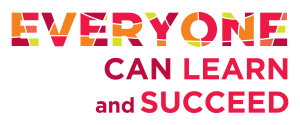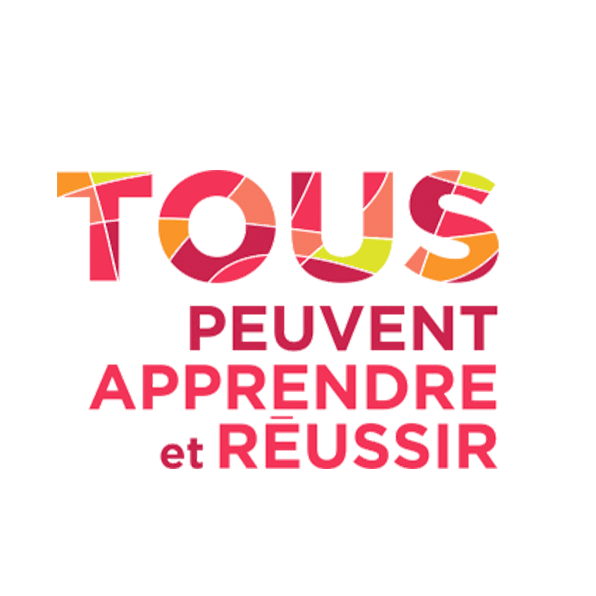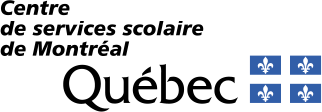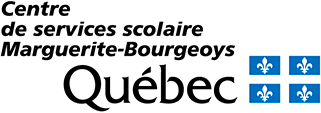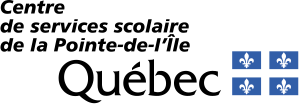Mission and Goals
A Montréal School for All’s (AMSFA) mission is to help all students from Montréal’s disadvantaged areas to attain educational success by focusing on their needs and their resources.
The program aims to:
- Ensure success and reduce gaps in achievement among students from disadvantaged backgrounds
- Develop expertise and support the development of equitable practices in disadvantaged areas of Montréal
Drawing on the expertise developed in collaboration with all of its partners, A Montréal School for All is pursuing its actions to reduce the achievement gaps between students from disadvantaged backgrounds and those from more advantaged backgrounds. It contributes to the implementation of the mission of schooling in Québec with a view toward social justice.
Areas of Intervention
AMSFA’s broad areas of intervention occur under the guidelines of the following framework :
- Development and distribution of support, analysis and intervention tools
- Diversified offers of accompaniment and professional development
- Innovative models for equitable practices in disadvantaged areas and disadvantaged multiethnic neighborhoods
- Development of regional and provincial expertise
Educational Success
« Inclusive educational settings focused on success for all, supported by their community, where people learn to be civic-minded, creative, competent, responsible, open to diversity and fully engaged in social, cultural and economic life in Québec. […] »
« THIS VISION OF EDUCATIONAL SUCCESS INVOLVES TAKING MULTIPLE REALITIES INTO ACCOUNT, IN PARTICULAR WITH RESPECT TO THE FOLLOWING:
- Children’s and students’ intellectual, psychological, social, affective and physical capacities. This aspect concerns mostly children and students with permanent or temporary social maladjustments or learning difficulties, and students with handicaps.
Gifted students who might have difficulty sustaining interest and motivation when it comes to learning and succeeding at a level consistent with their potential.
- Children and students who do not have particular difficulties and who, with the appropriate support and encouragement, can develop their full potential.
- Children and students from economically, socially or culturally disadvantaged areas.
- The educational paths of immigrant youth and adult learners in a situation of academic delay
- People’s linguistic, cultural or religious backgrounds.
- Individual characteristics and identity such as sex, gender identity and sexual orientation. »
(MEES, 2017, p. 26-27)
